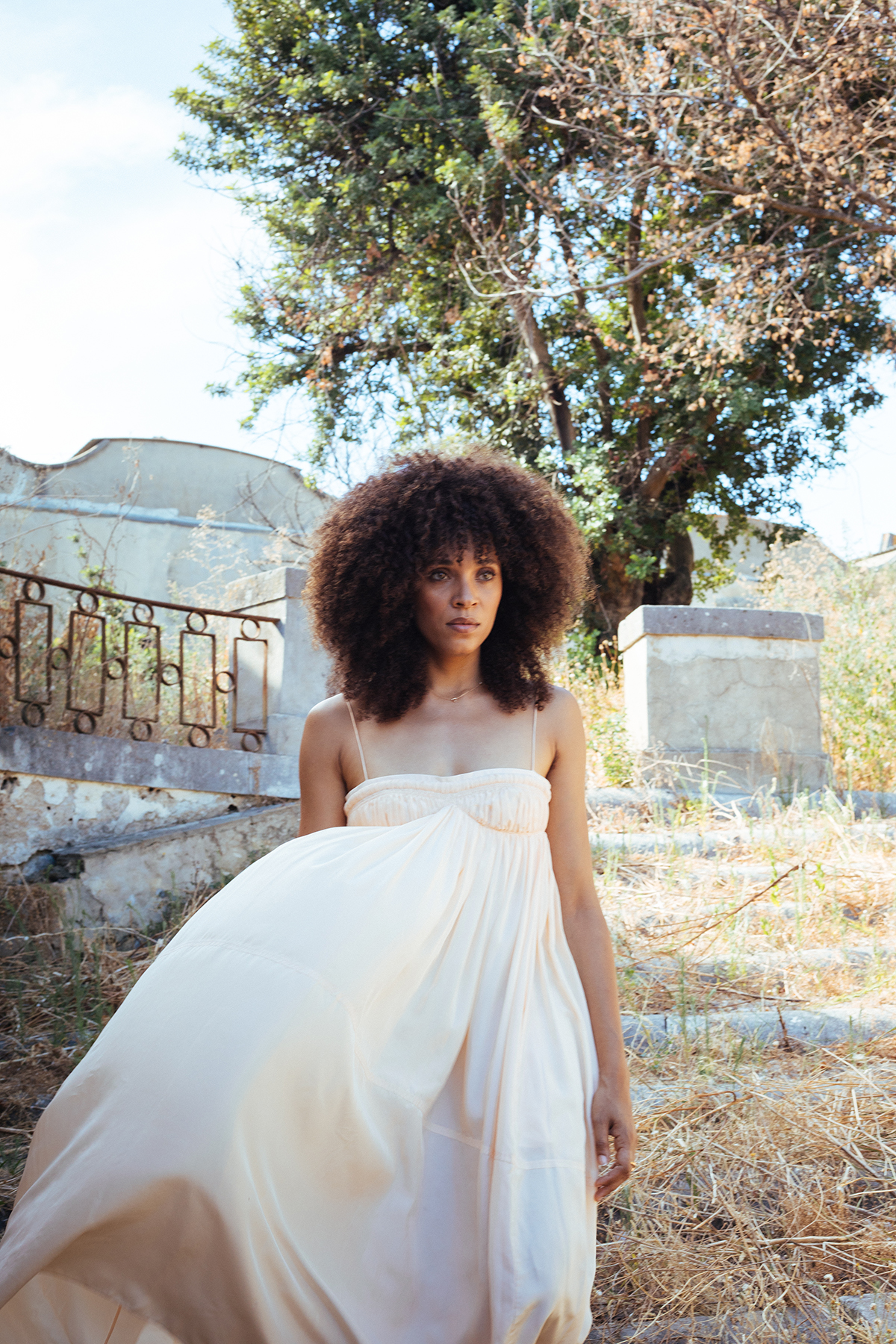
French actress and singer Stéfi Celma
Paris-born actor and singer Stéfi Celma, who plays the ambitious receptionist in Call My Agent, on her cultural inspirations, social- media advice and dealing with racism
LUX: When did your passion for music start?
Stéfi Celma: Very early- it was as if I could sing before I could speak. My father found a little audio tape I made, so I have the proof.
LUX: What types of music have influenced you?
SC: I would say Latin music, Afromusic, French chansons and hip-hop. I also remember, as a child, discovering Lauryn Hill in Sister Act 2. her voice really affected me. Later, I listened over and over to her album, The Miseducation of Lauryn Hill.
LUX: What do you do to relax and disconnect?
SC: I have lived in Brussels for a few years and I’ve developed a real passion for antique collecting – the city has some real treasures. I love spending time at the flea market in Place du Jeu de Balle, just doing my thing. It is a good area to discover if you are passing through Brussels.
Follow LUX on Instagram: luxthemagazine
LUX: What are your favourite restaurants and cafés in Paris to take a visitor?
SC: I’m not really up to date on good restaurants in Paris, but I do know a few in Brussels. If you pass by, I really like Le P’tit Chouia En +, a delicious Moroccan restaurant in rue de la Pacification. Certo Faim et Soif in rue Longue Vie is a quite simple restaurant, with original dishes that change every week. Boentje Café, in Place Colignon, offers beautiful fresh products, has a zero-waste approach and makes delicious little dishes.
LUX: What has been you favourite memory of playing Sofia in the TV comedy-drama Dix Pour Cent (Call My Agent)?
SC: The whole Dix Pour Cent adventure has been incredible – it’s been a real learning experience and I have met great people. But the scene that really comes to mind is the shooting of the theatre scene in episode 3 season 1. I perform the song Qui, which I also covered on my EP. It particularly touches me and is an important scene for my character.

Celma is best known for her role as Sofia in Dix pour cent (Call My Agent)
LUX: Have you ever experienced any racism or sexism in the industry?
SC: I have not experienced racism in the artistic world any more than I have elsewhere. I would even say that my experience has been better in the industry and that I have been encouraged to affirm my identity in the. projects I have been involved in. When I started, I did hear things like, “They are not looking for a black person for this role”, where colour was not a subject in the project. Luckily, that didn’t happen often.
LUX: What do you think of social media?
SC: For discovering artistic talent and for ease of communication it is brilliant. I also really like Facebook groups that help me to look for antiques and give a second life to things – I am very touched by that kind of approach. But I think social media takes up so much space in our lives and we have to know how to slow down and discipline ourselves. Easier said than done…
Read more: Alia Al-Senussi and Durjoy Rahman on art and cultural soft power
LUX: Are there musicians you would particularly like to work with?
SC: I have has the opportunity to be surrounded by great artists every day. I am blown away by the singer-songwriter Matthieu Chedid, who I have seen on stage many times, and the singer and actress Yael Naim. My favourite album at the moment is Hamza’s latest, Sincèrement. It is hard-hitting but also very free-form.
LUX: What advice would you give to young international actors?
SC: To try and stay true to themselves, whatever happens.
LUX: What were you doing before our interview this morning?
SC: I was looking after my baby daughter, who is eight months old.
This article first appeared in the Autumn/Winter 2023/24 issue of LUX


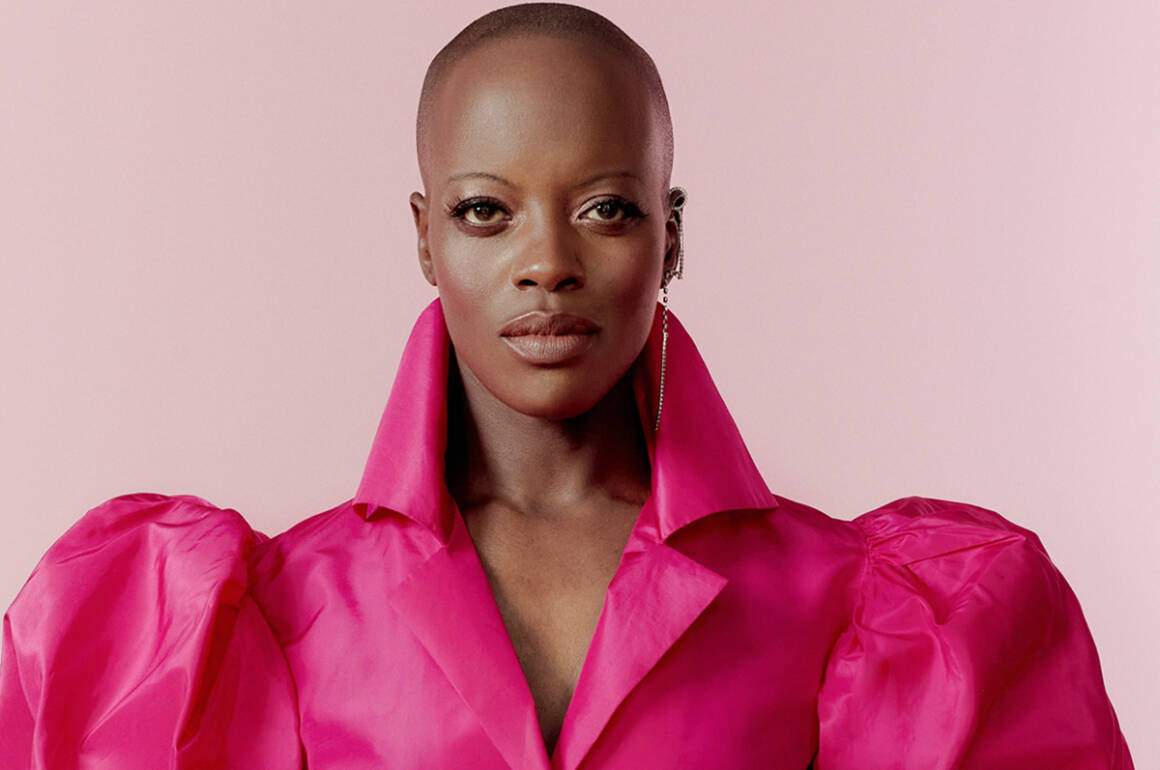
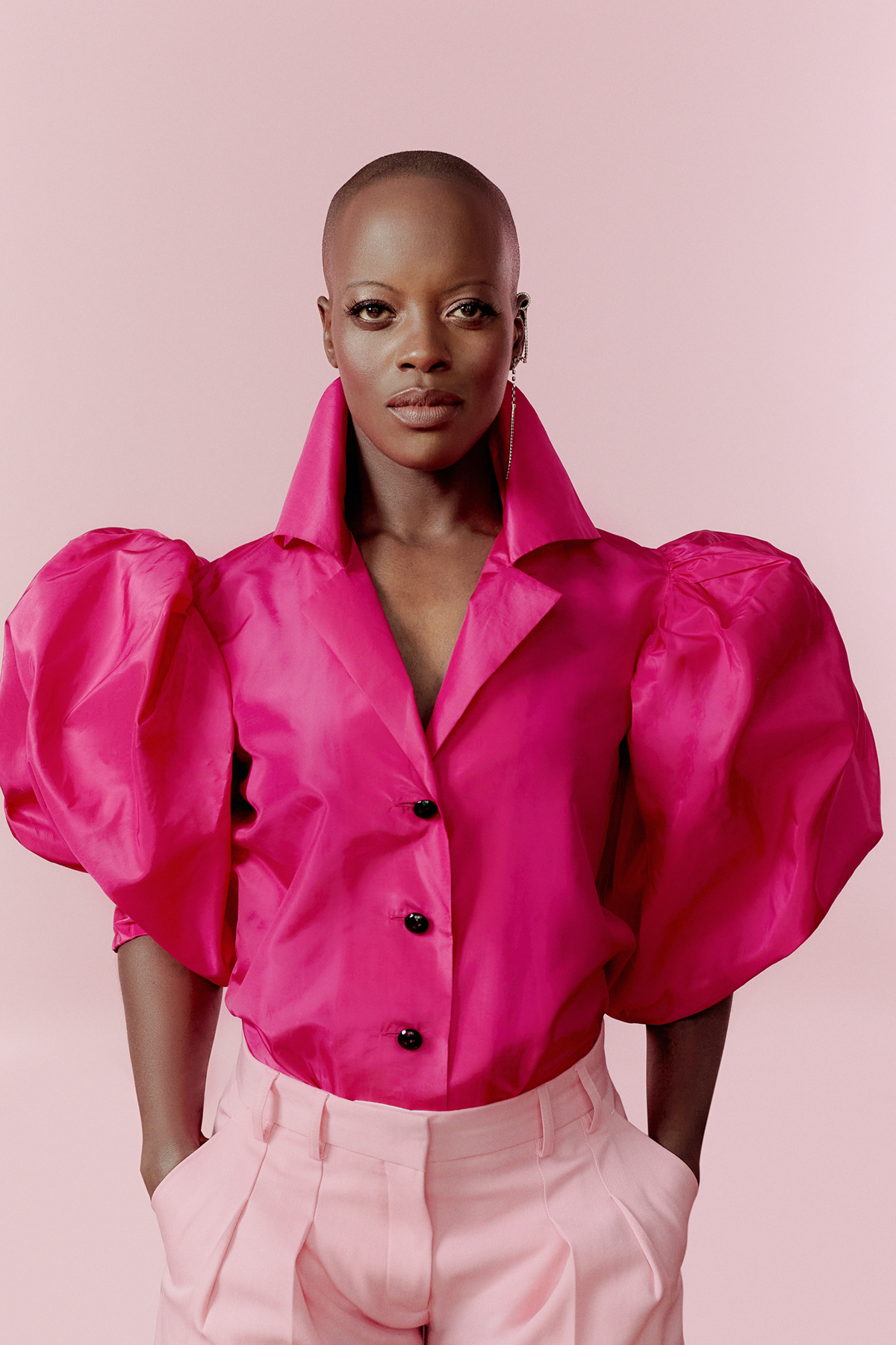
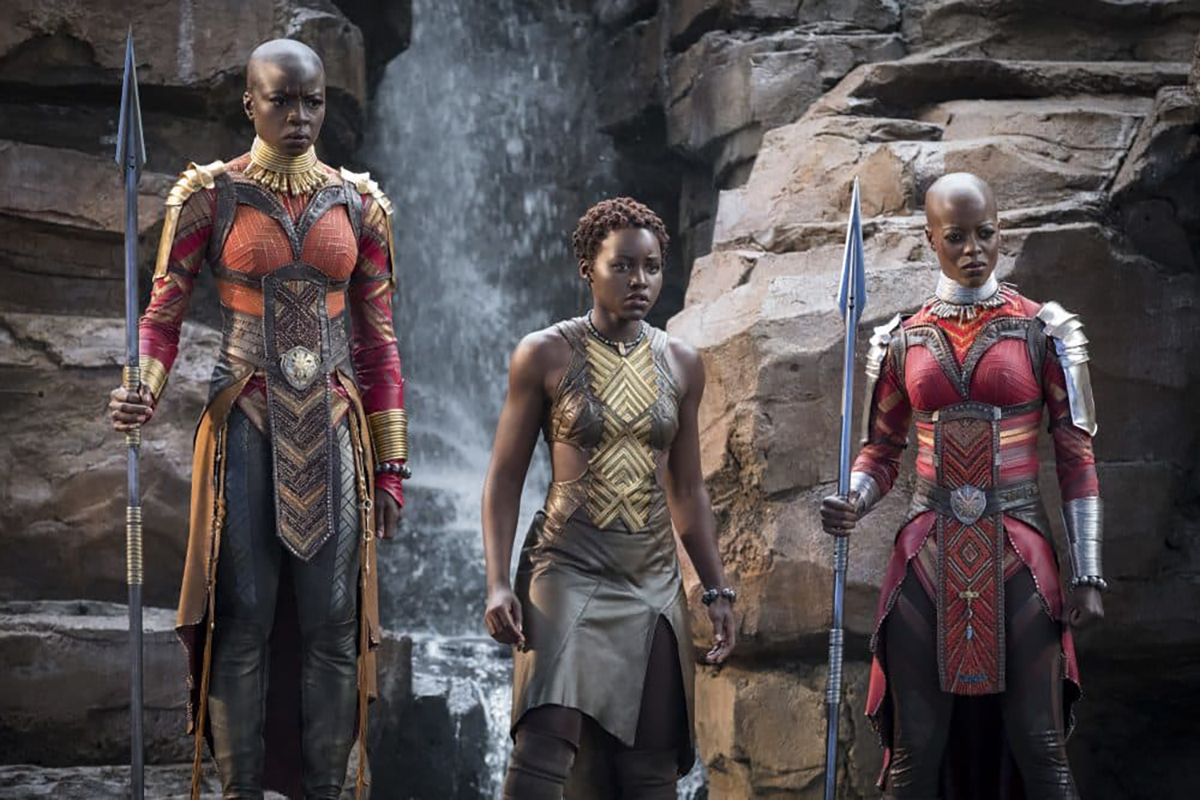
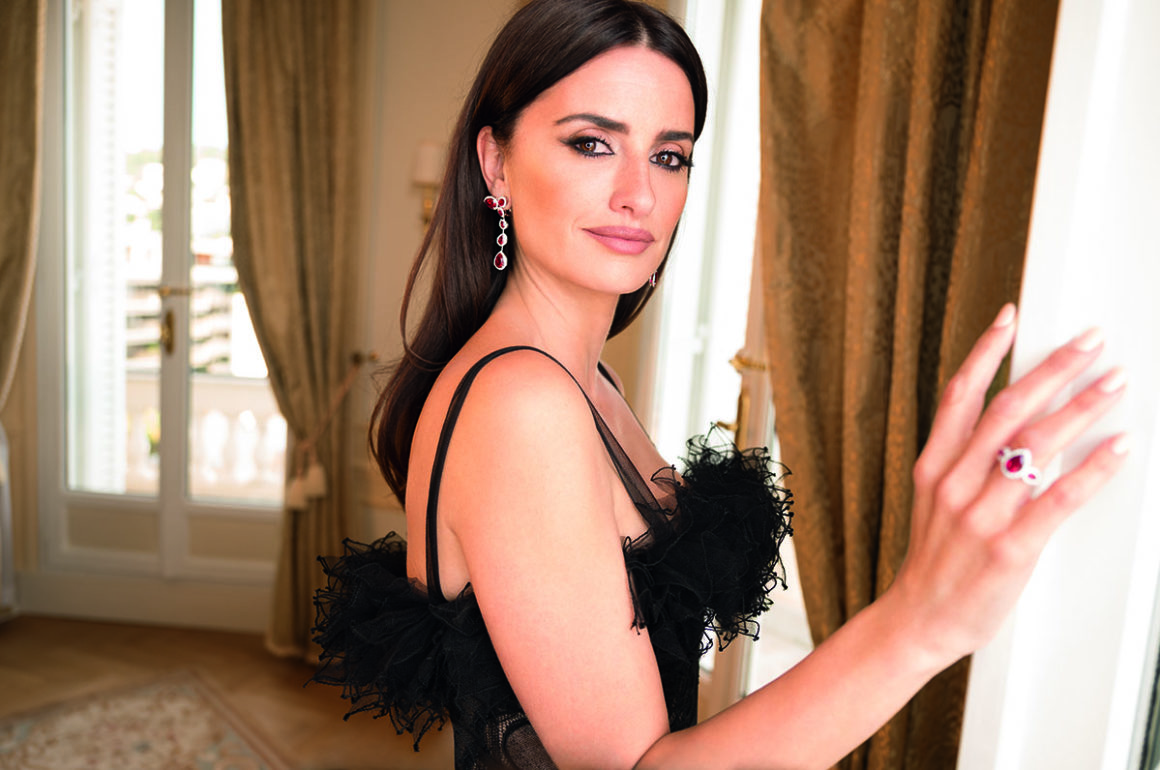
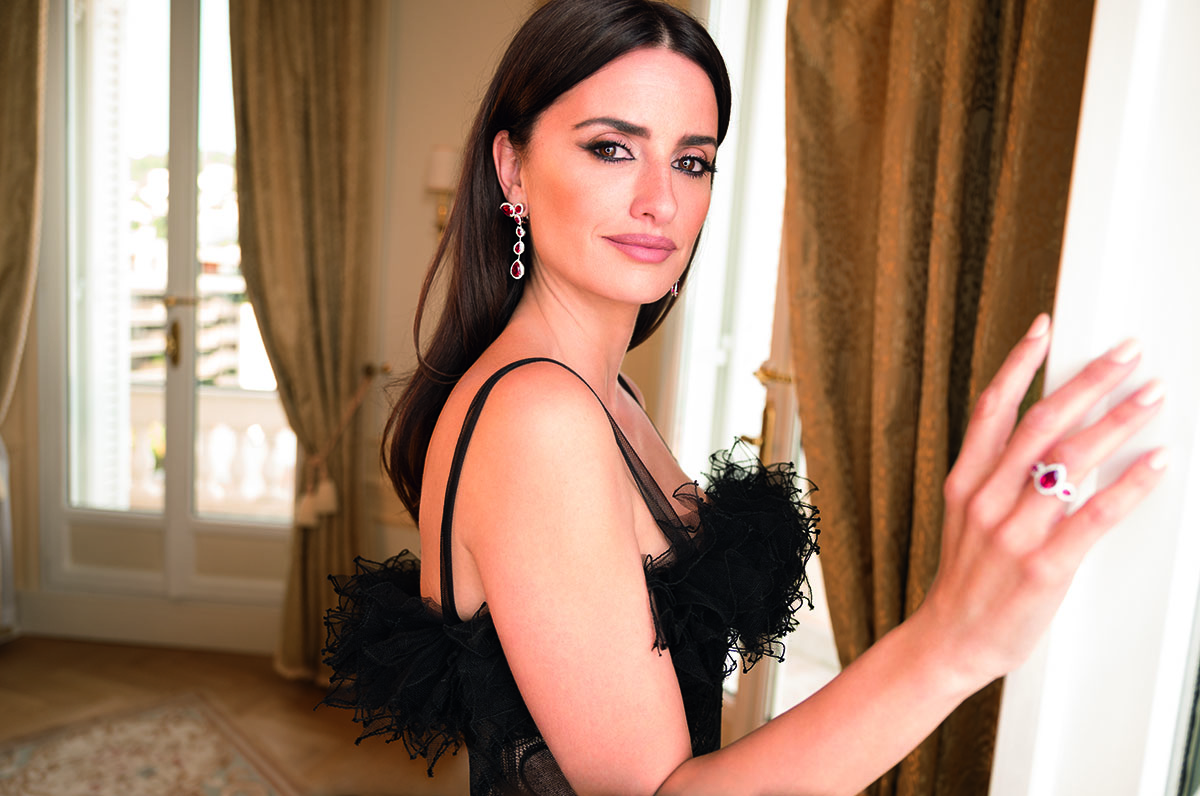
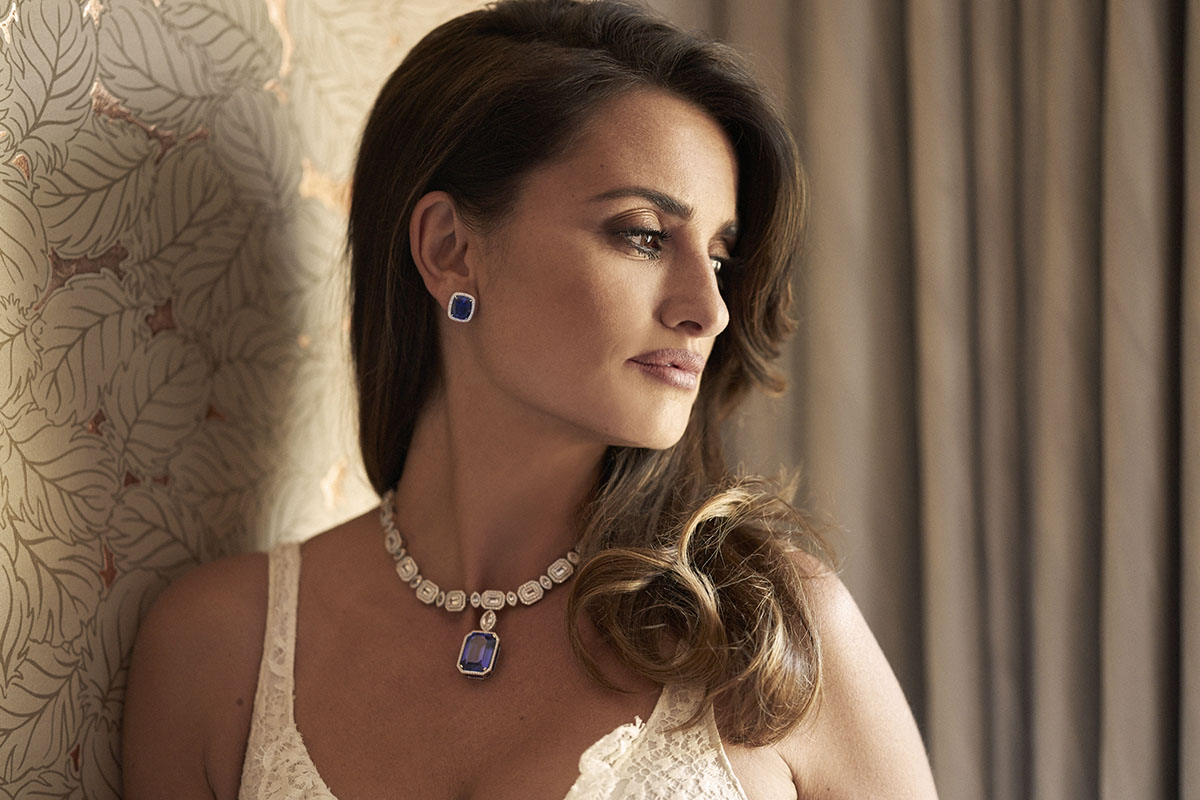
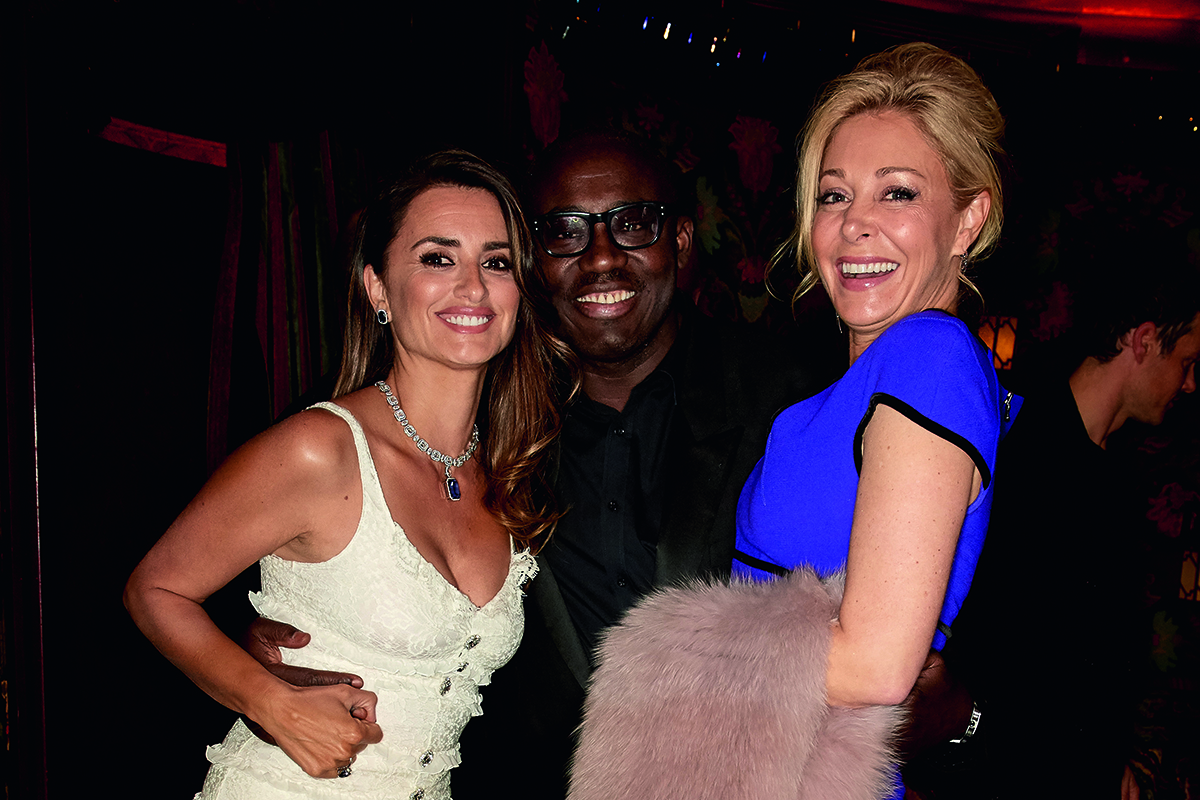
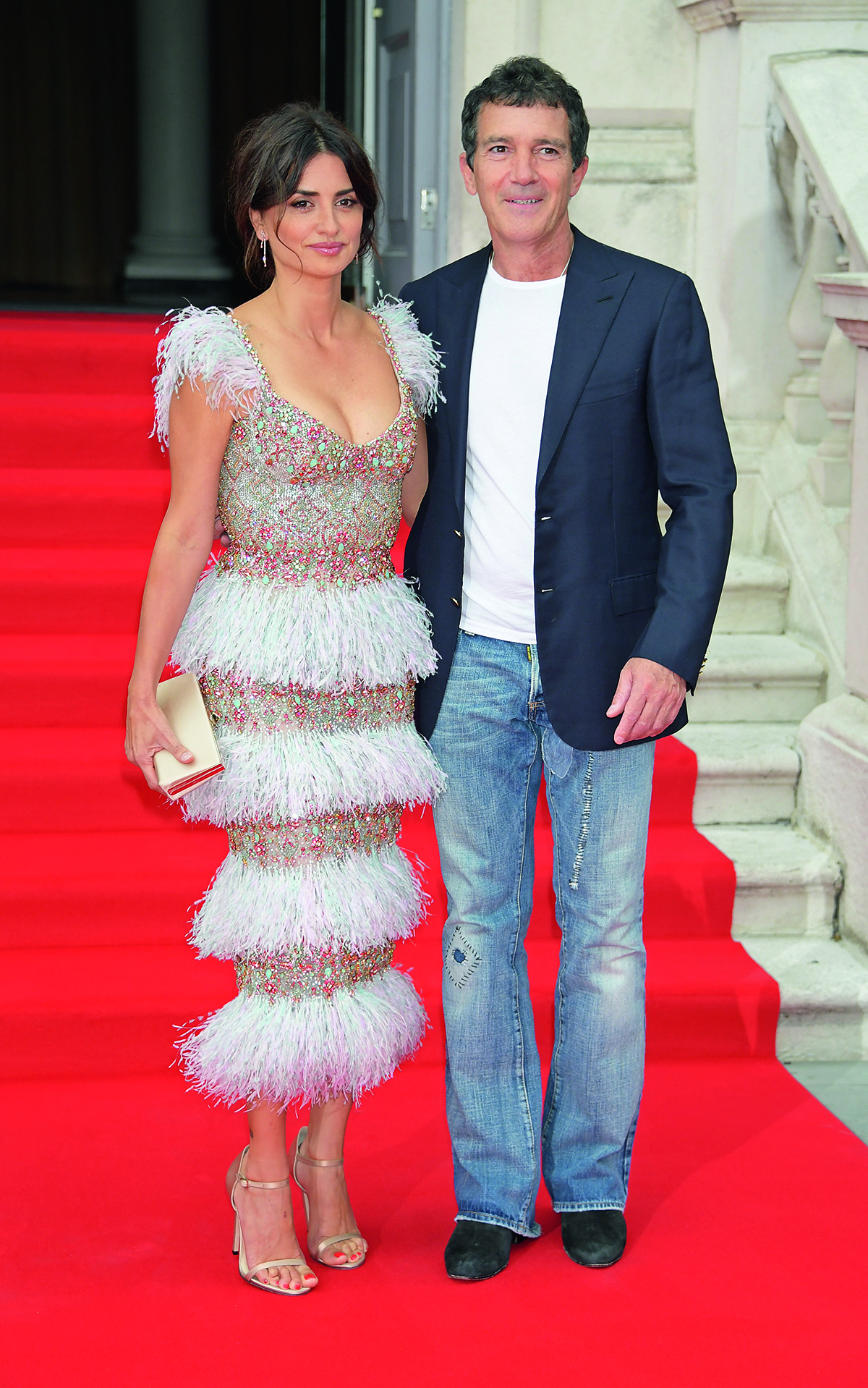
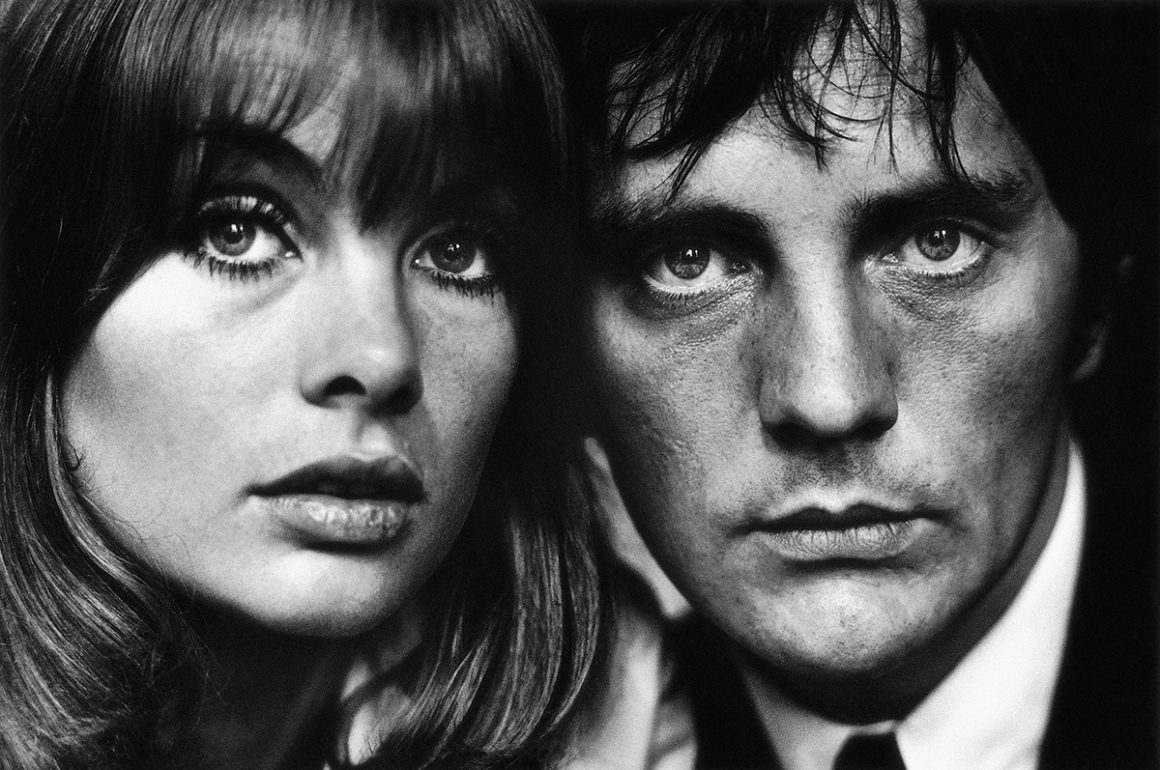
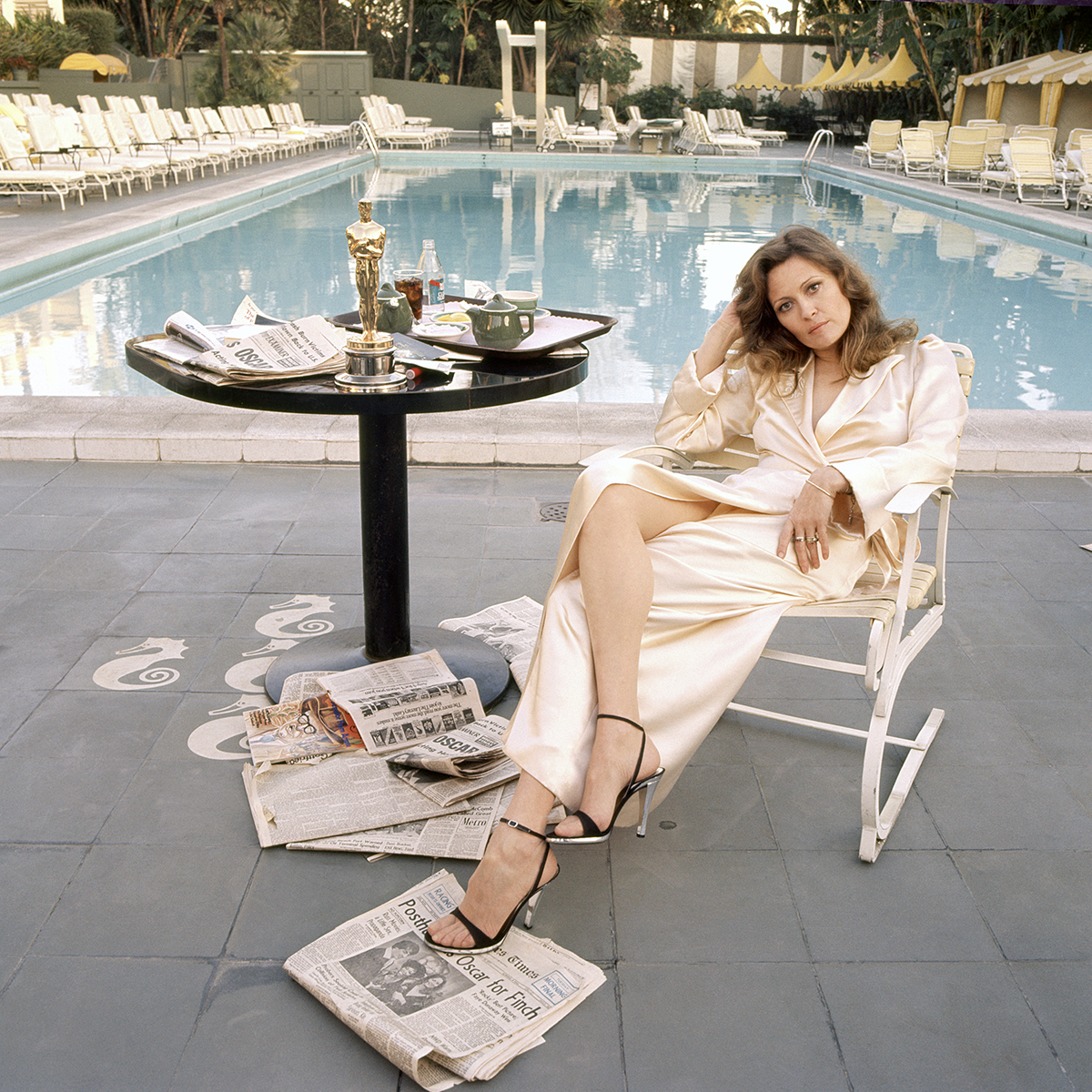
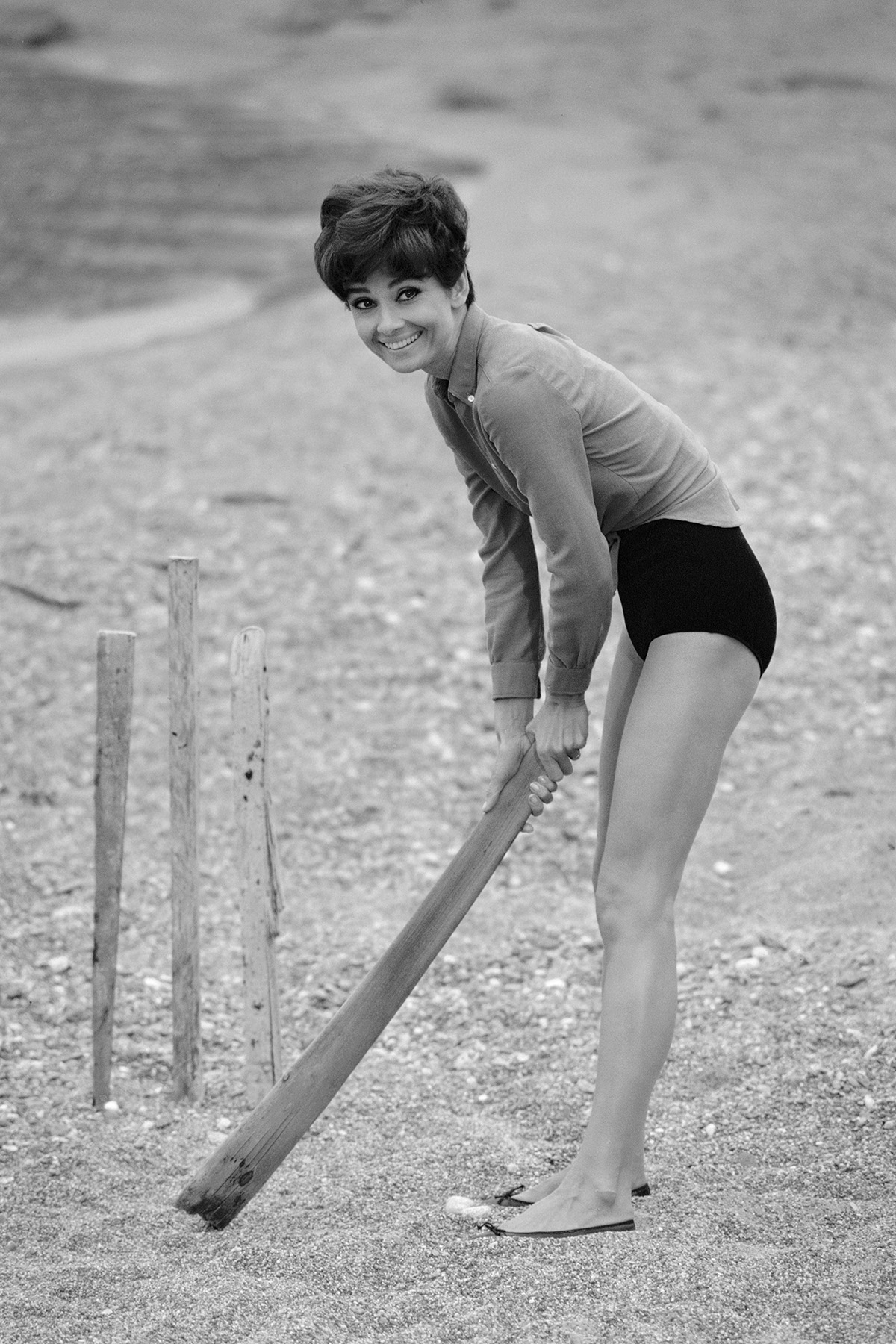
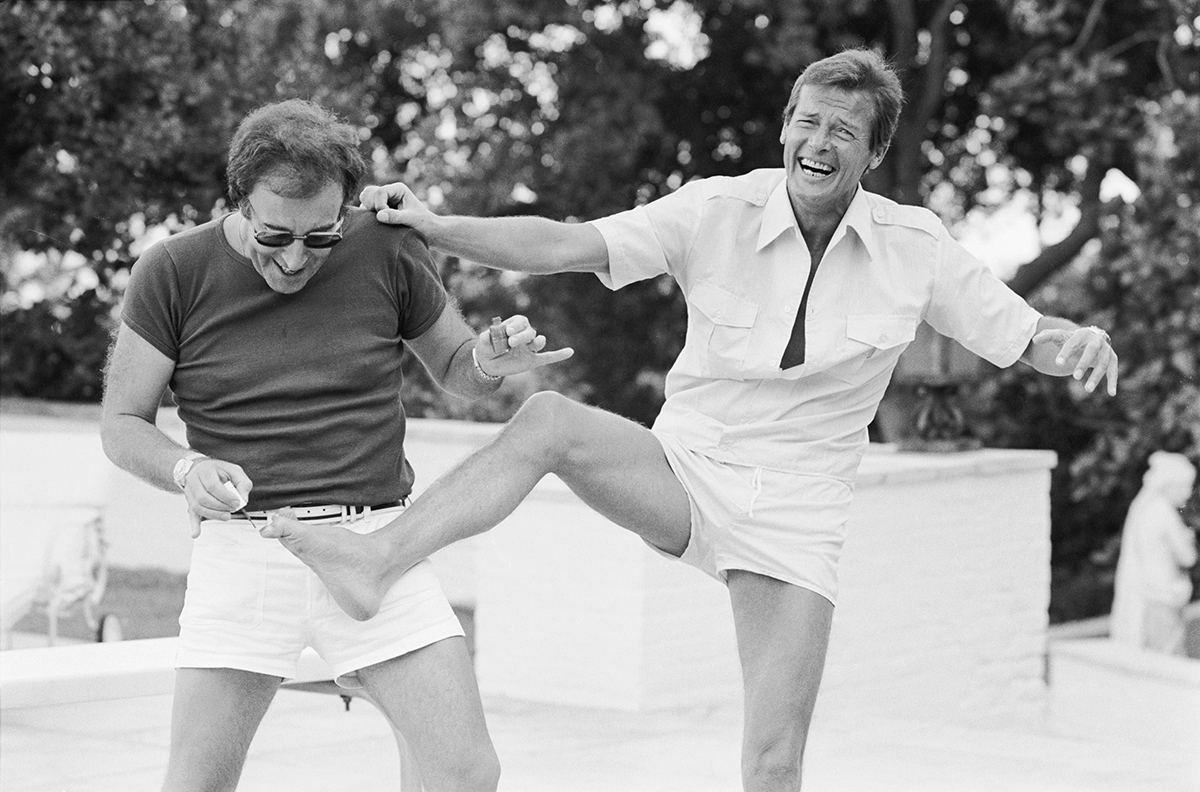
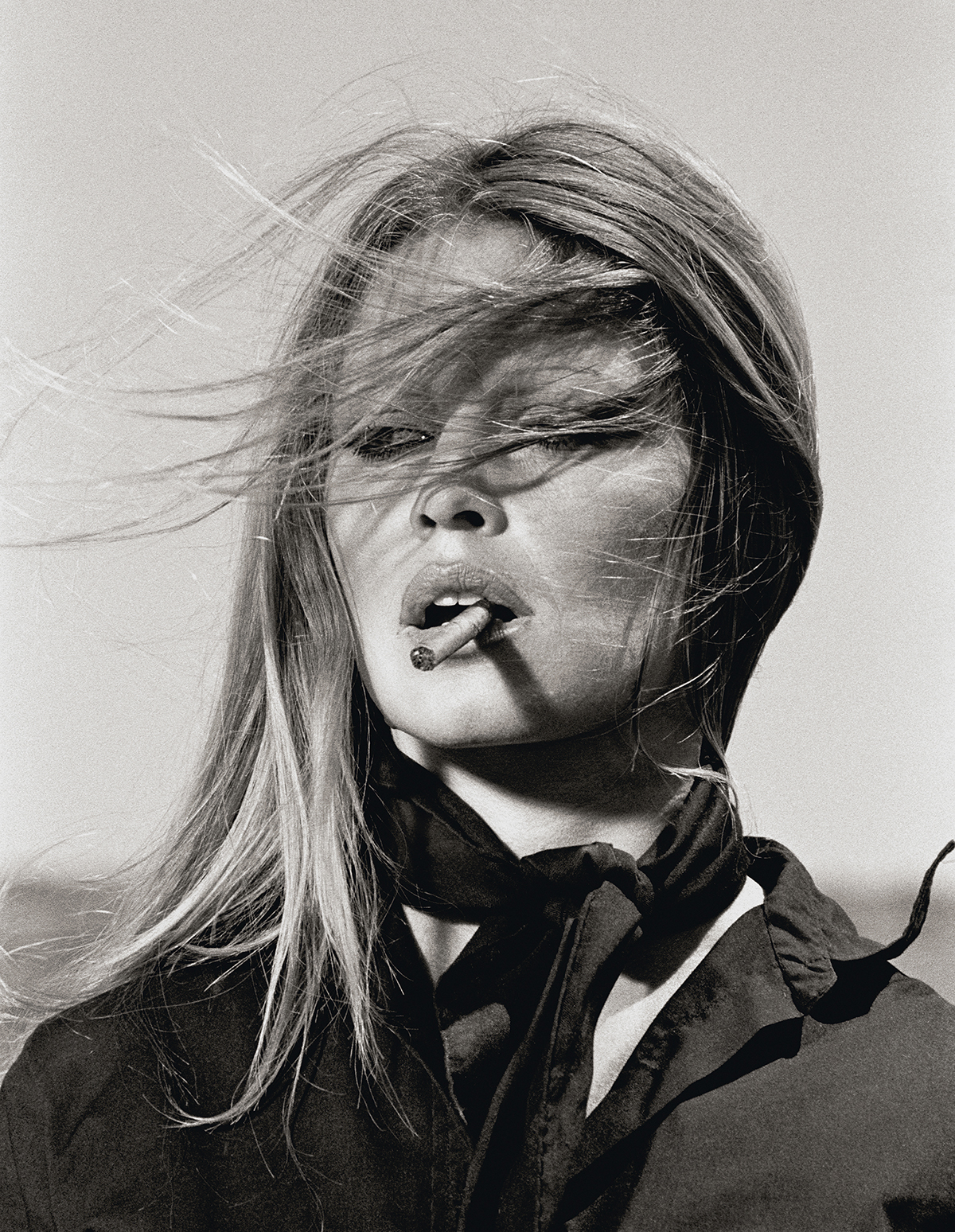
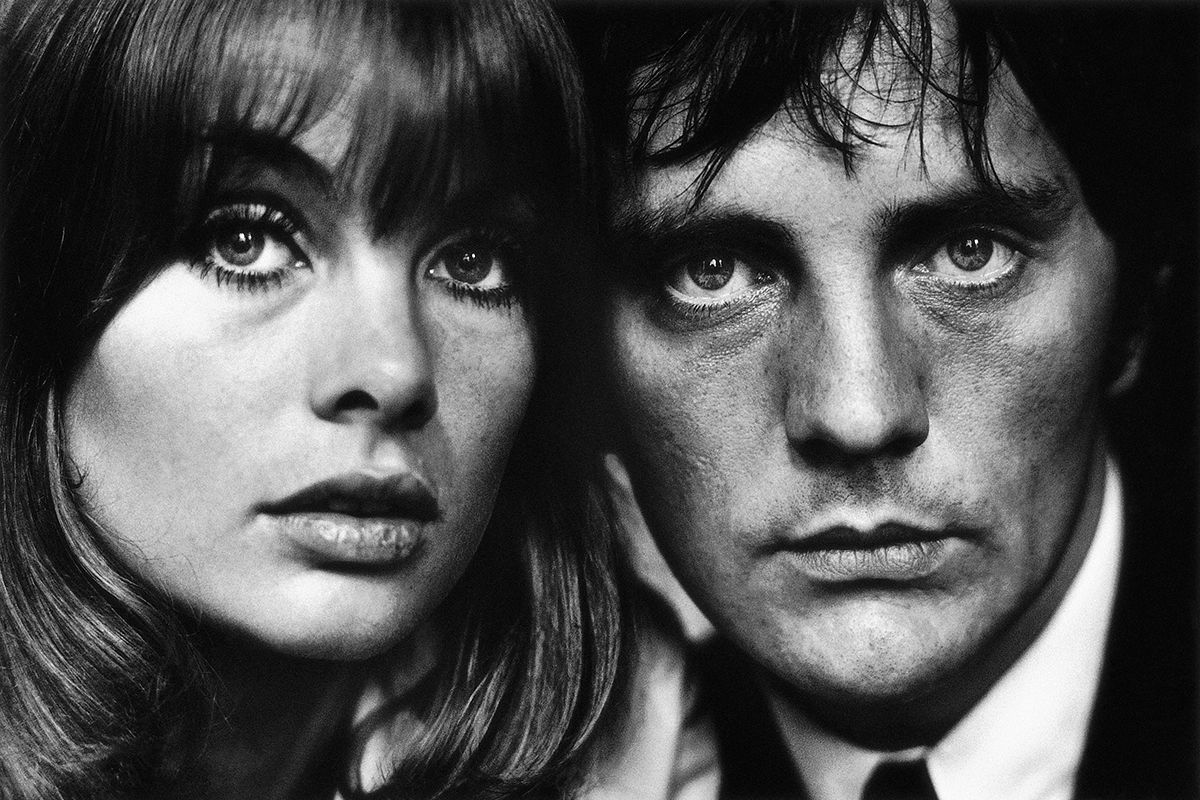

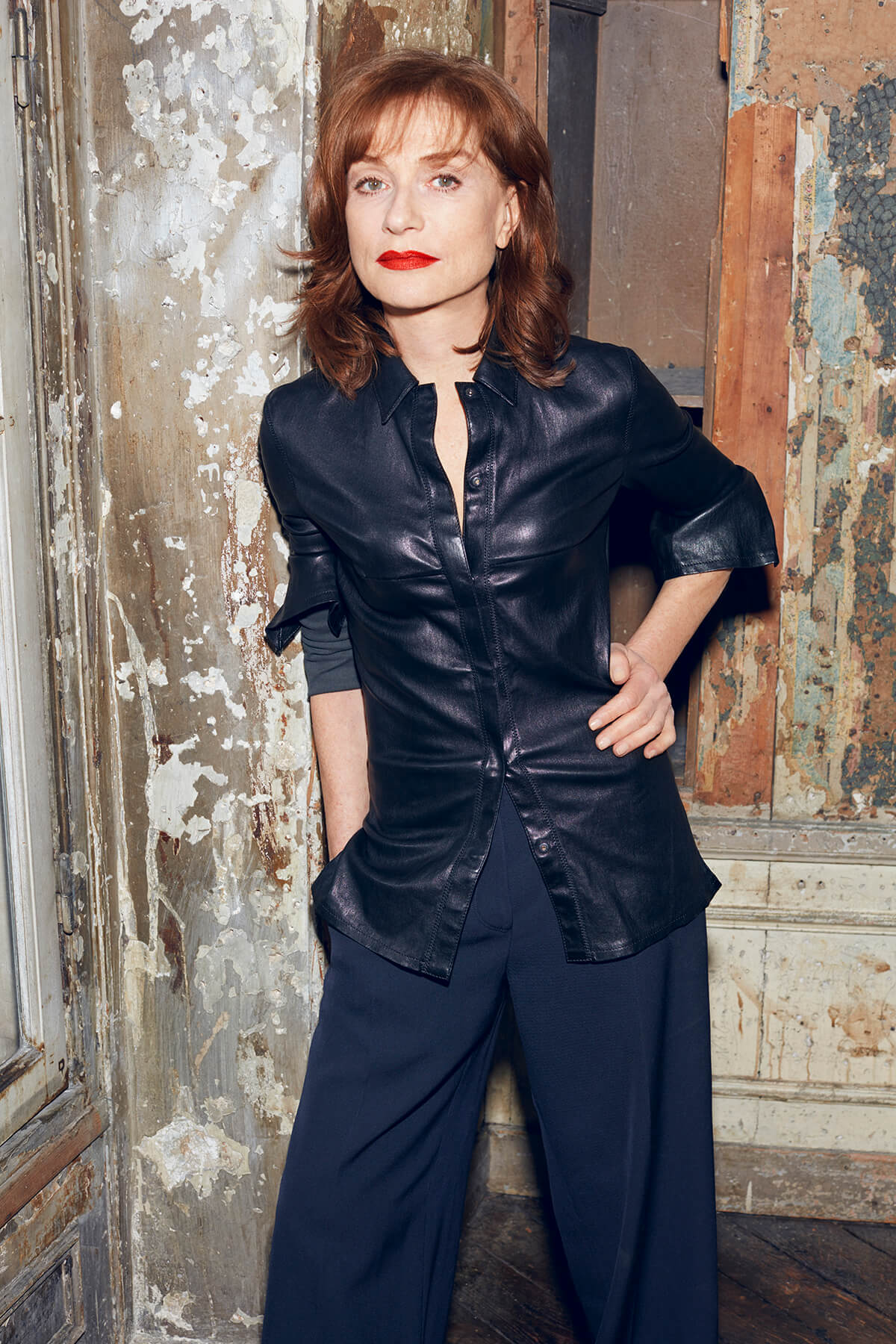




Recent Comments